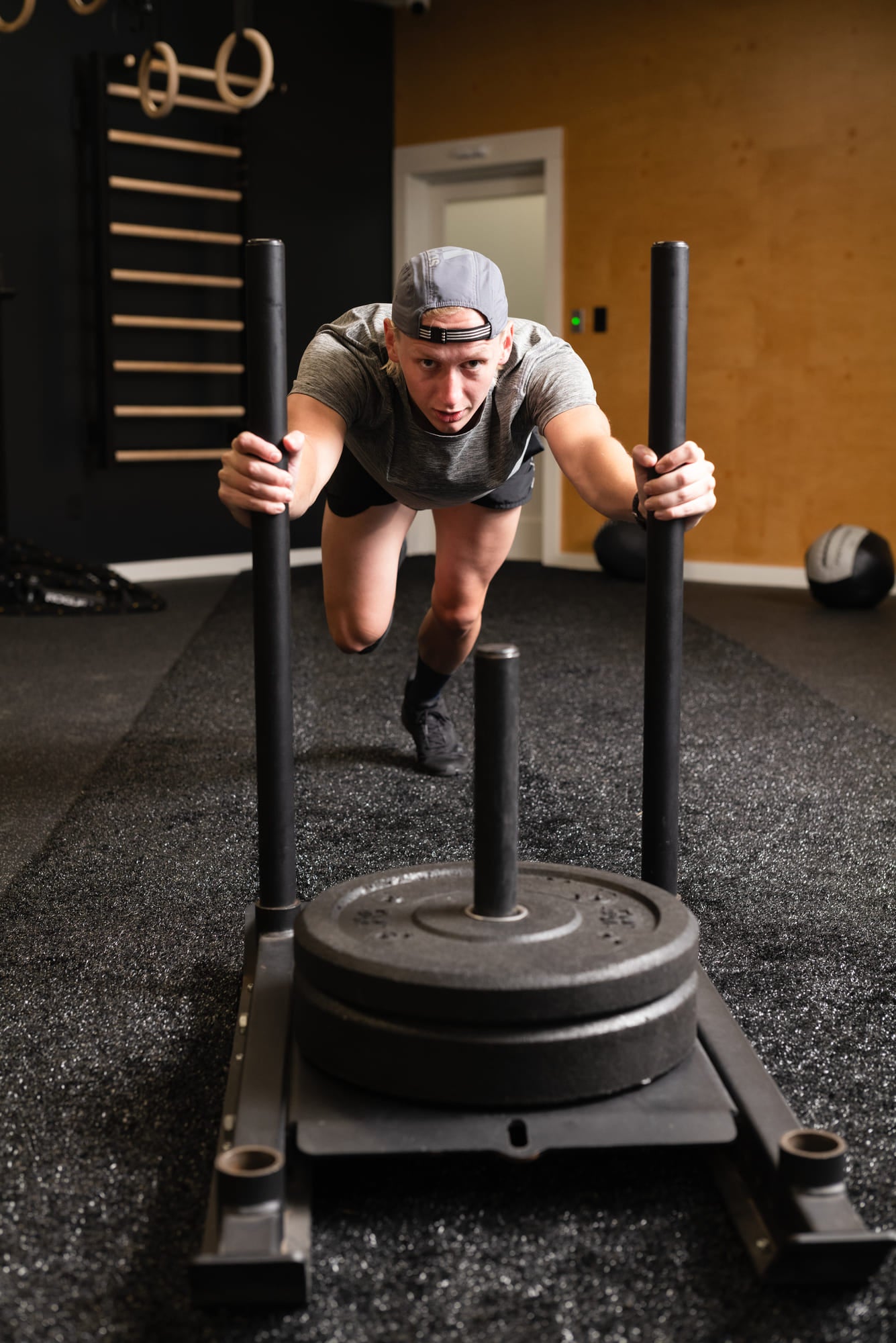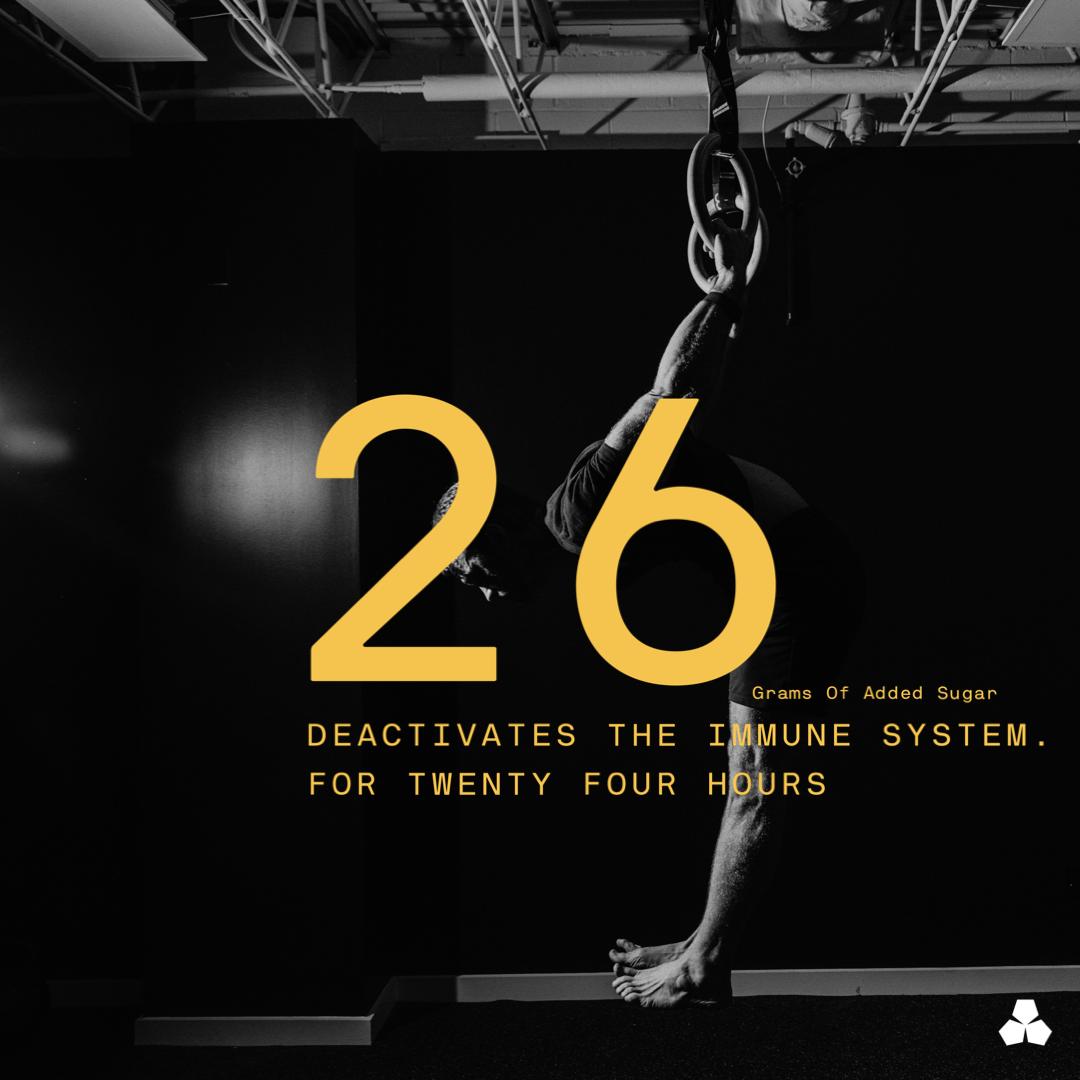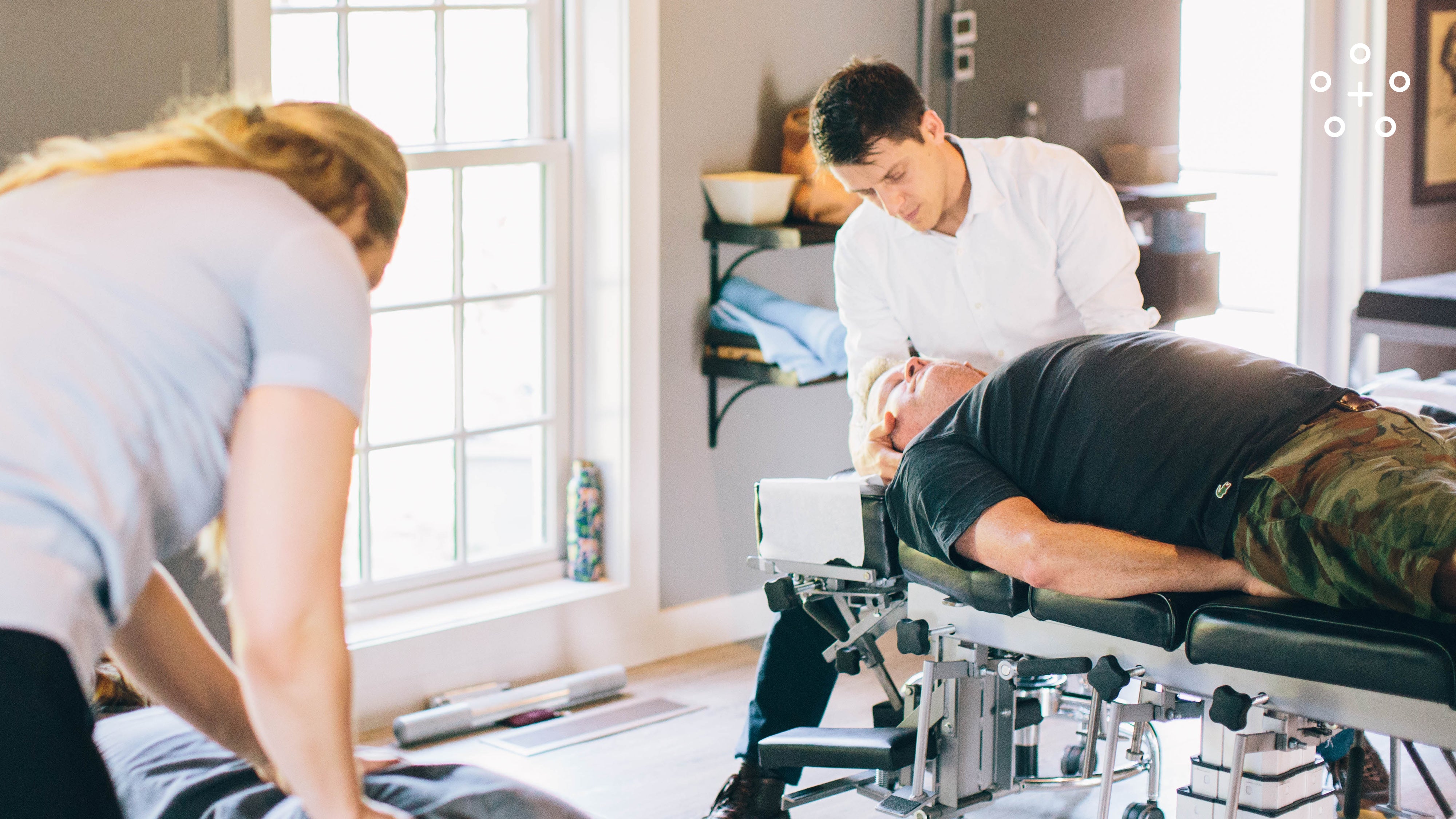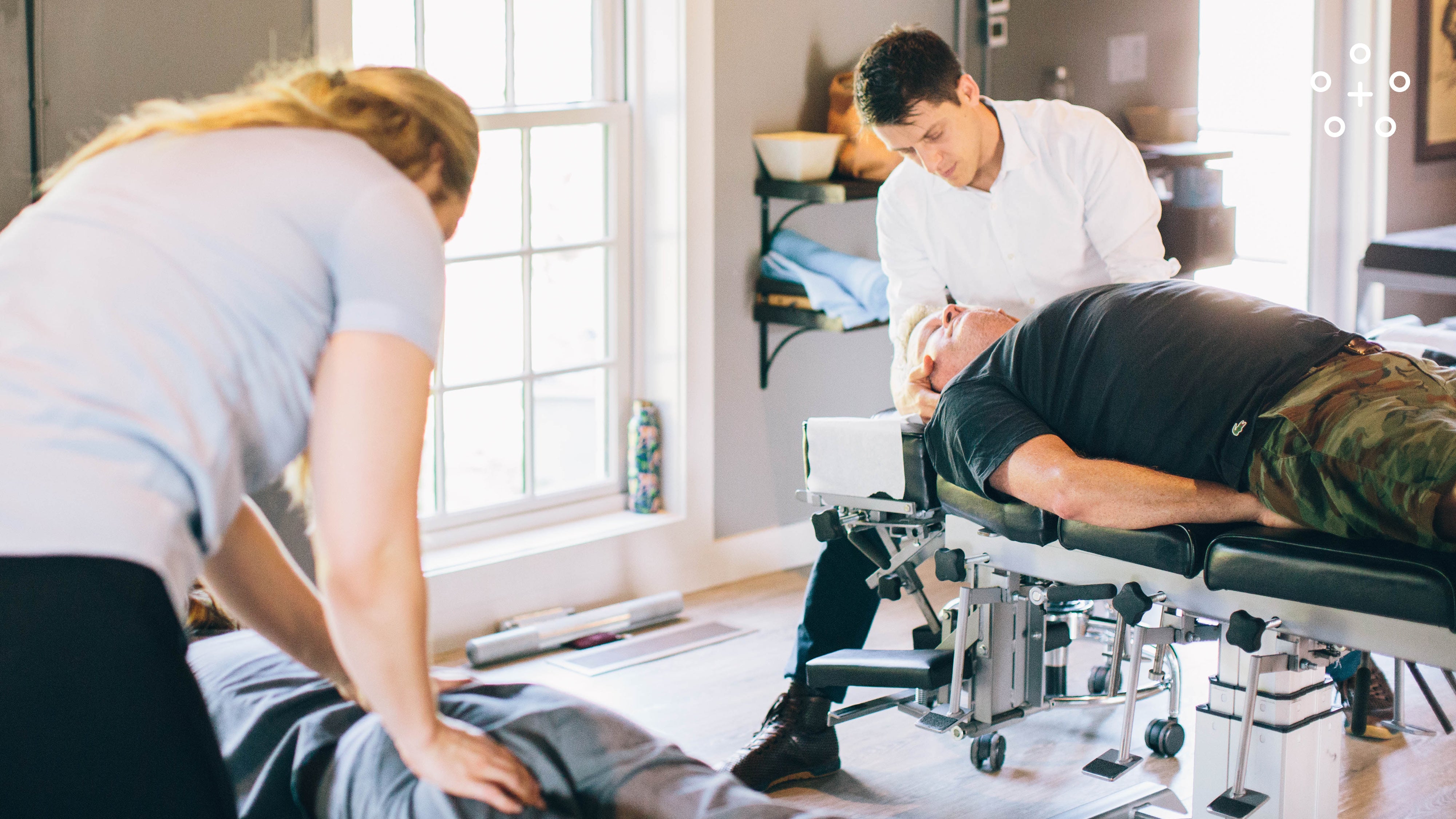There is a known connection that retained primitive reflexes play a role in developmental delays. One of the over 70 primitive reflexes, Asymmetric Tonic Neck Reflex has been associated with reading difficulties. In, "Reversing Letters, Asymmetric Tonic Neck, Neck Retraction Reflexes and Apraxia are Predictive of Dyslexia", author Halah Shaheen found that a retained ATNR reflex was over 36% more common in children with dyslexia. Brain Balance Achievement Centers find that half of the kids who retain ATNR show signs of dyslexia or have a diagnosis of dyslexia. According to the Society of Neuroscience, early intervention is key when treating dyslexia. With such a high correlation between ATNR and reading difficulties, testing for a retained ATNR could be a way for early detection of reading issues.
So what is ATNR?
The asymmetrical tonic neck reflex (ATNR) is a primitive reflex found in newborn humans that normally vanishes around 3-5 months of age (about the time the infant should be starting to roll over). When the face is turned to one side, the arm and leg on the side to which the face is turned extend and the arm and leg on the opposite side flex. It is an important reflex because it plays a crucial role in early development.
It serves as a foundation to hand-eye coordination and helps stimulates developing muscles before birth. According to the Brain Balance Centers, "Retained ATNR is associated with motor difficulties, including balance and coordination, bilateral coordination, writing ability, tracking and crossing the midline. Primitive reflexes are supposed to disappear as a child develops. Replaced by other reflexes that facilitate more complicated movements, these new reflexes are crucial for a child's education success."
There are several ways you can test for a retained primitive reflex. There are many videos on YouTube like this one posted by mikekokot that show you a basic screen for the reflex.
It's important if you think you have a retained primitive reflex to get evaluated by a professional. If you have a retained primitive reflex like ATNR working with a professional to integrate it is key.
Watch Dr. John Palmer talk about primitive reflexes and do an ATNR demonstration with Owen.




